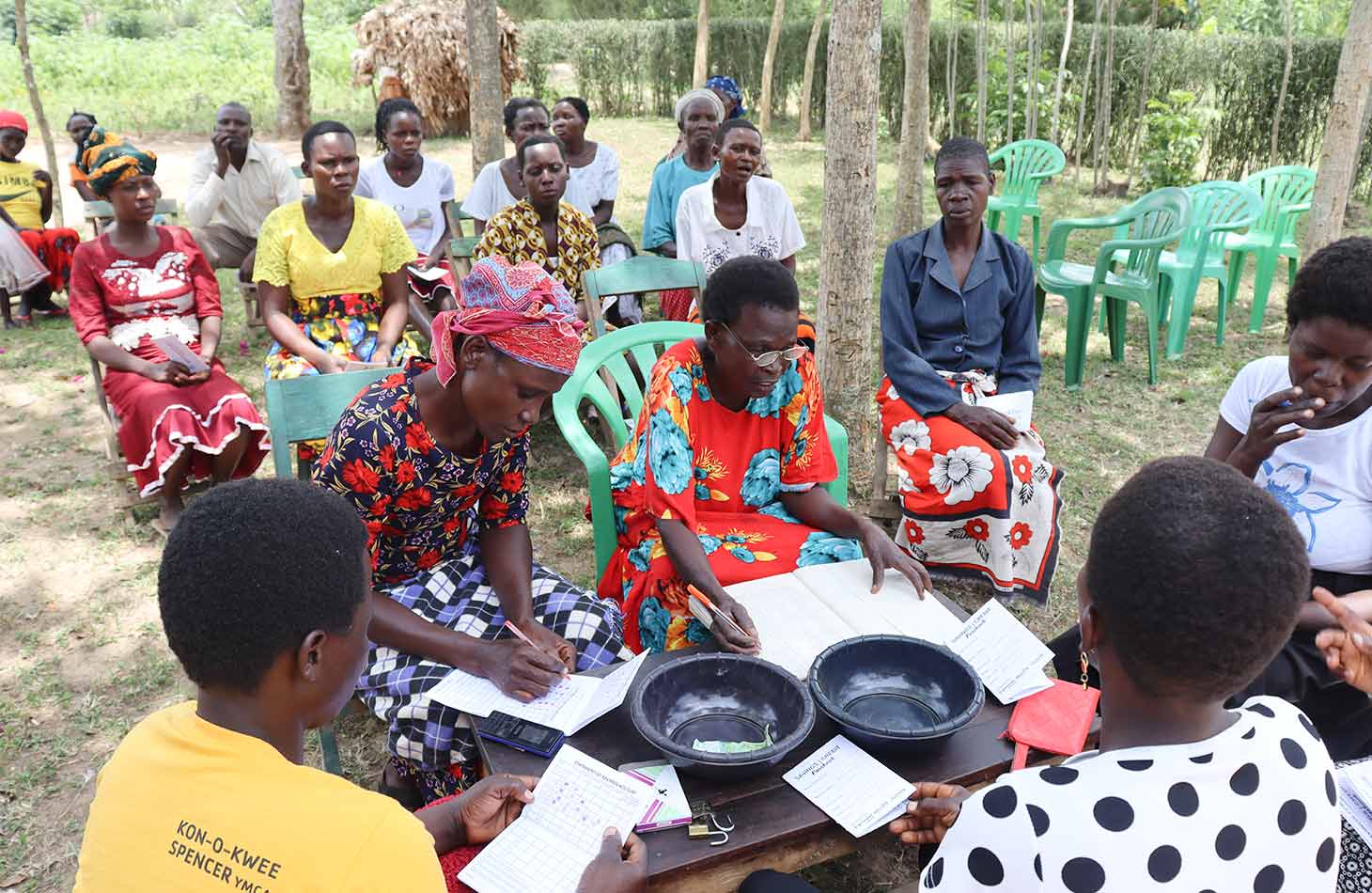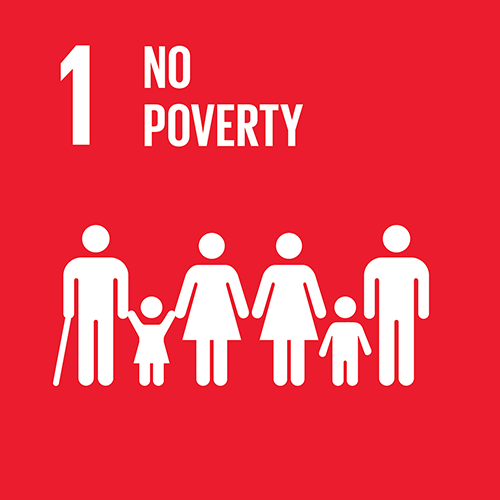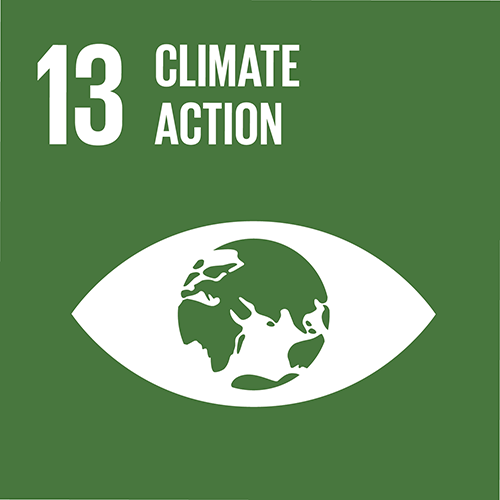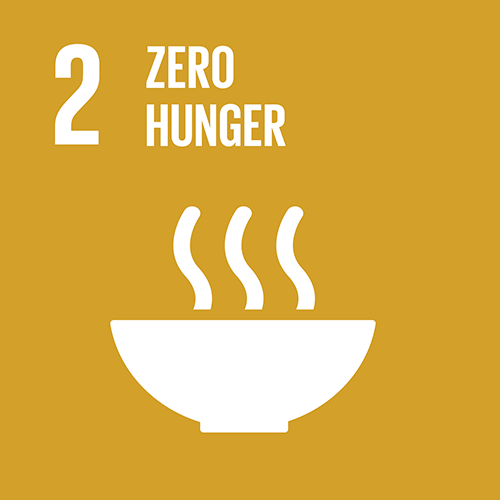Safe water through the power of the sun in Uganda
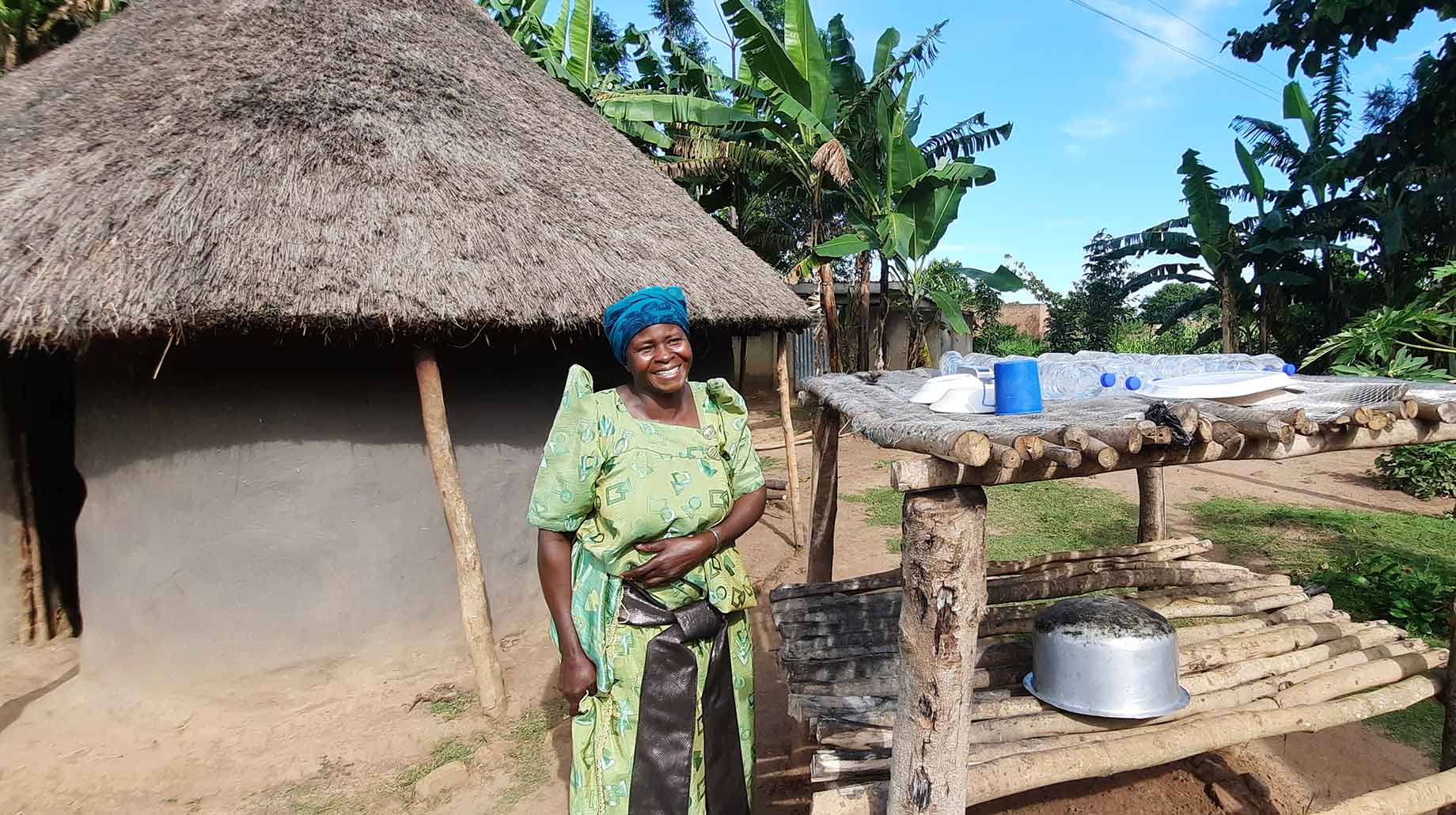
Project type: Water (Purification & Saving)
Project location: Eastern Uganda, Namayingo and Busia Districts
Project status: In operation, credits available
Annual emission reduction of the whole project: Approx. 18,000 t CO2e
This project provides access to safe water for thousands of people in rural communities in Eastern Uganda as many people still depend on open and unsafe water sources like lakes and rivers often leading to diseases like diarrhea, typhoid or cholera.
As in other rural regions in Uganda, access to safe drinking water is a huge issue in Eastern Uganda. Waterborne diseases are a continuous problem for the people. The project started in the sub-counties Buhemba and Mutumba, in Namayingo District. In 2022 activities extended to sub-counties Busime and Majanji, in Busia District, where currently approximately 40 per cent of people don’t have access to safe water and most of them depend on Lake Victoria for their daily supply of drinking water. The average income in this region is less than 1 USD per day, hence buying clean water or water disinfection technologies are rarely an option for the people in these areas.
The project comes at a very crucial moment where so many cases of waterborne diseases like diarrhoea, dysentery, typhoid and worms are so common among our people including children.
To manage the microbiological contamination of water, families fall back on the available resources and practices: boiling the water with firewood on inefficient three stone fires. For this, people have to cut down trees for timber/charcoal or collect branches in nearby forests or on their own land, further contributing to local deforestation and drop in forest coverage. However, due to financial reasons many people do not treat their water at all, hence being even more exposed to serious diseases as cholera, typhoid or worms.
Solar-powered, robust and cost-effective solution for water disinfection
myclimate implements the project in cooperation with Get Water Uganda, a community rooted not-for-profit organisation established in Uganda specialized on WASH (Water, Sanitation and Hygiene), Women Economic Empowerment and Climate Change Mitigation. The project consists of the distribution and training on the use of a solar powered UV measurement device called WADI (Water Disinfection), developed by the company HELIOZ. The WADI allows to visualize the process of solar water disinfection in PET bottles. Solar water disinfection is a natural process, in which the UV-radiation of the sun inactivates certain harmful pathogens in the water. The process only requires PET bottles which are everywhere available in the project region. They are filled with contaminated water and are then exposed to the sun. The duration of this disinfection process is determined by the sun’s UV intensity. A smiley face is shown on the WADI device once the process is completed confirming that the water is safe to drink. The method has been tested by the World Health Organization (WHO) and approved as an effective method for household water treatment.
Safe water has been a problem, the only treatment option available here is when you have some firewood and can boil the water or put chlorine tablets which is expensive and also the water taste is not good!
The project provides thousands of households with WADI devices and regular trainings on water use and proper hygiene and sanitation practices. In a previous pilot project in Uganda, families reported that the WADI device is a very easy-to-use solution. As in most households, women are responsible for the collection of firewood and providing their families with water, the project solutions especially benefits the women by saving time and money. The reduced consumption of firewood also lifts the burden on nearby forests and saves CO₂ emissions as boiling on the open three stone fires is prevented. Through the project, the families are supplied with the necessary resources to disinfect approx. 20 litres of water per day. In the monitoring period 2022 the project has significantly improved the sanitary situation in the project region. Local artisans were trained and over 40,000 simple sanitation facilities such as hand-washing stations, toilets, bathing shelters were constructed.
Carbon Finance also for menstrual hygiene management for school girls
Carbon finance is being used to finance the implementation of the project by Get Water Uganda and to further enhance its impact by working on complimentary activities in water, sanitation and hygiene (WASH) such as providing menstrual hygiene trainings to young girls and supporting households with installing simple handwashing facilities, pit latrines, etc. Carbon finance will also be used to create income opportunities, especially for women in form of fruit tree planting and establishing plastic collection groups to support recycling of plastics.
Annual oversight and verification
Each year, the project undergoes rigorous monitoring, reporting, and verification (MRV) procedures in accordance with the Gold Standard certification, including an audit by an independent third party. These rigorous checks ensure the pledged emission reductions actually occur, securing the project's long-term success. More details can be located in the "Documentations" section.
Learn more about the positive impact of the project on the local community.
This project contributes to 9 SDGs (as of end 2022):
Find out how myclimate reports these SDGs in our FAQ.
The following SDGs are verified by the Gold Standard:
In 2022 the households saved over 100 USD since the consumption of firewood for water boiling is not necessary anymore. 100% of the households confirm a reduction of medical expenses due to a reduced number of doctor’s visits.
In 2022 over 81,000 people in over 15,000 households have benefited from save water. 100% of the households confirmed a reduction of water-borne diseases (such as typhoid and diarrhea).
More than 6,400 beneficiaries received trainings in the second monitoring period. Examples are trainings on the use of the WADI, proper hygienic practices, construction of sanitation facilities, financial trainings for the set-up of Village Savings and Loans Associations and many more.
Women empowerment is a focus of the project. In 2022 women saved on the average 390 hours for the collection of firewood and water boiling due to the more sustainable method of water disinfection. The project supports the target group to organize themselves in income generating groups, e.g. in Village Savings and Loans Associations. 75% of all group members are women.
Access to safe water is a human right. Every family disinfects on the average 20 liters of water per day as drinking water.
Each WADI avoids up to 2.6t CO2 per year from reduced use of firewood for water boiling.
Reduction of firewood means reduced deforestation. Each household saved on the average 1600kg of firewood in 2022. This creates less pressure on natural habitats.
These SDGs have been approved by myclimate:
The project supports fruit tree planting activities. Subsidized fruit tree seedlings are distributed and trainings on planting provided to households. 2,400 fruit trees were planted in 2022.
Eight plastic collection groups have been formed with 236 members, all of them women. The members received environmental awareness and waste management trainings. In total they have collected 2,852 kg of plastics by paying a small amount per each kilogram to the households. The volume will be sold to a local recycler, the margin provides a small additional income to the women.
Situation without project
Boiling of water with firewood or no water treatmentDocumentations
Project standard

Project number
7192-C







